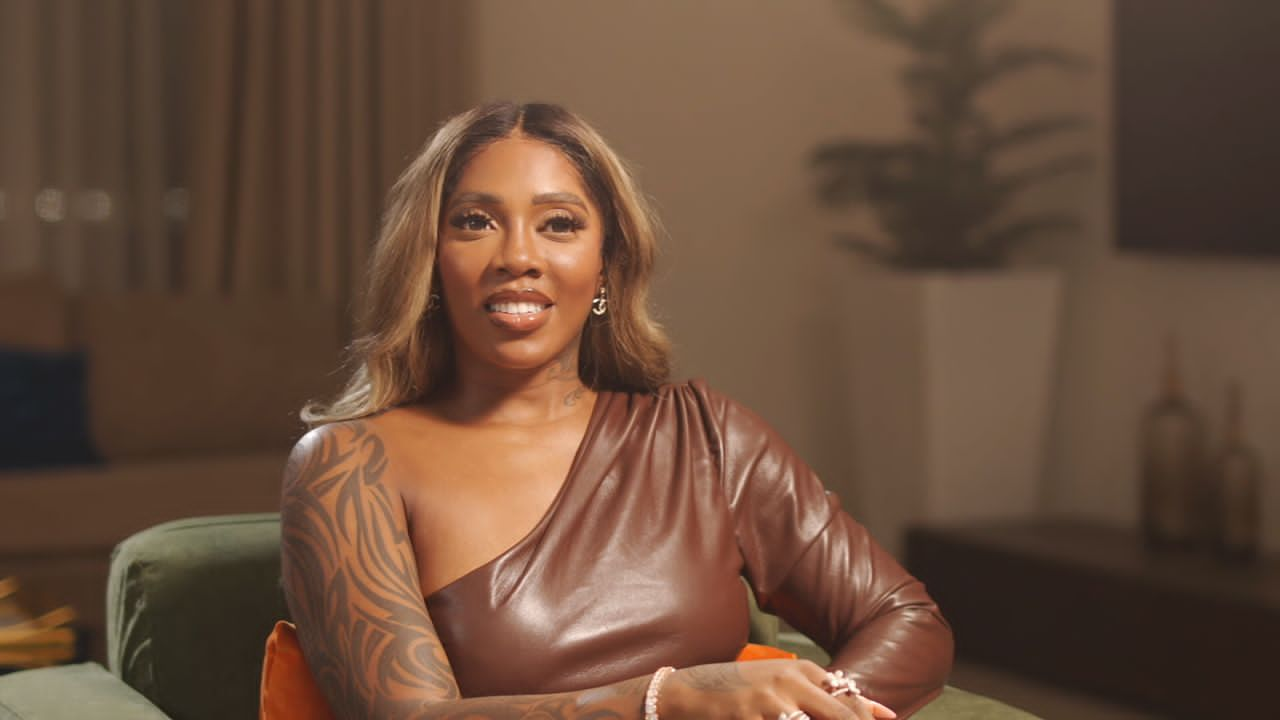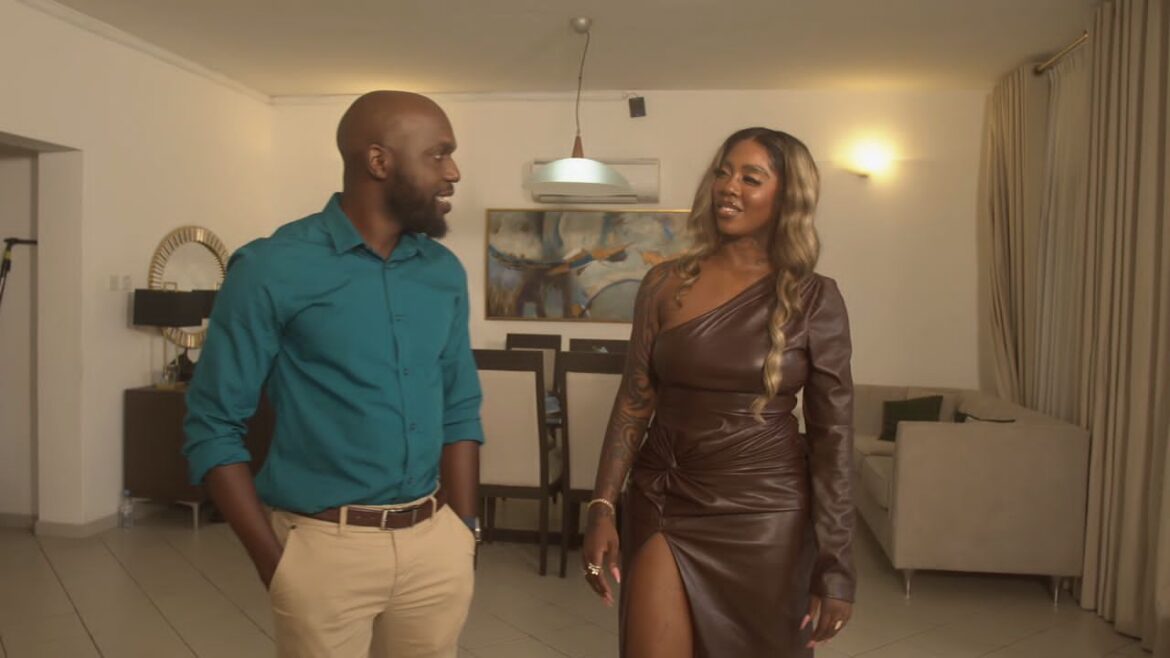CNN’s African Voices Changemakers meets Afrobeats superstar Tiwa Savage
By People’s Voice Nigeria | News
In the latest episode of African Voices Changemakers, CNN’s Larry Madowo meets Afrobeats superstar Tiwa Savage who recently made her debut as an actress in the film ‘Water & Garri’, which she also produced. He talks to her about this new chapter and what’s next for her music career.
Speaking about her acting debut, Savage tells Madowo, “Acting, I would say was my first love before music even. I feel like I always incorporate a little bit in my music videos. But it took a while for it to be full circle.”
The singer continues, “I started off acting. I was really, really into it in secondary school. And then I had a crush on a guy in secondary school and he was into music. […] So, I was just like, I’m not doing acting again. I’m gonna go into music.”
In the feature film, Savage plays Aisha, a Nigerian fashion designer making waves in the US but who, when tragedy strikes back home, returns after a decade away to find everything flipped upside down. When asked whether her character’s story had some parallels with her own, she says: “When I came back to Nigeria for a different reason, it was actually to pursue my dreams, but she actually went to America to pursue her dream. So, it was kind of like the opposite for us, but definitely parallel in terms of we both felt like we had to go somewhere to chase our dreams.”
While being the star of the film, Savage is also involved behind the scenes. She explains, “I feel like I’ve been in front of the camera for so many years, I wanted to experience what it was like to be behind the camera”.

Savage describes what drew her attention to the story and script, “I think it’s important for people to see Africa and see film being interpreted from a female point of view as well. I love the story and I think it’s gonna draw a lot of people back to Africa in a different way. I think we’ve seen a lot of negative light on Africa for so many years and decades and it’s with the way Afrobeats music is going, I think film is catching up to that too. So, it’s very, very important for us to tell our own story.”
Despite Savage releasing a 2021 EP titled ‘Water & Garri’, she opted to craft a unique soundtrack tailored to the movie. The superstar talks about the connection between the film and the five-track EP, “So initially it was only supposed to be like a short film. And then it just grew on its own, just took its own identity. And then I ended up creating a whole different soundtrack.”
She adds, “Creating the soundtrack allowed me to explore those different genres, and I think I didn’t feel like I would have been able to do that as Tiwa Savage, but I was able to explore those pockets of my talent.”
The singer has recently worked with two iconic stars, Brandy and Beyoncé. She talks about her love for Brandy, “She’s my all time, like, she’s probably one of the main reasons why I even got into music when I heard her singing and I saw her braids, you know, as a teenager, I fell in love with her and I’ve always wanted to work with her.”
And speaking about her collaboration with Beyoncé, she tells CNN, “It’s definitely an honour and I just appreciate her like, putting a spotlight on Afrobeats and doing such a project like that is incredible.”
Savage has paved the way for many other young women to join Afrobeats and explains how the industry has changed, “I love it because there’s more women now doing great things and they’re bold with it. I feel like they’re not scared and that inspires me.”
Madowo also met Grammy-winning music video director Meji Alabi. He made his debut as a film director with ‘Water & Garri’ and discussed why he chose Cape Coast to film, “It’s a very important and historical spot. And when I was there, I just had this, I guess a creative urge to make something there that was very impactful. And that kind of spoke to identity and culture, but not just of Cape Coast, but of Africa in general. You know, I think with its history, when it comes to slavery and the point of no return and all these, I guess quite painful memories, it’s almost reclaiming that and making our own stories.”
The director concludes with what he hopes audiences can take away from the film, “What I hope is that Africans in Africa can see themselves in it, see situations that maybe they themselves have come upon in life, but Africans in the diaspora as well can also relate. I think it’s a very global film, I think, it’s local but it’s global at the same time. So, I feel like non-Africans can also appreciate elements within this film. I can’t wait for them to see it”.


